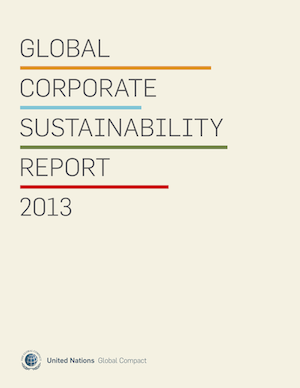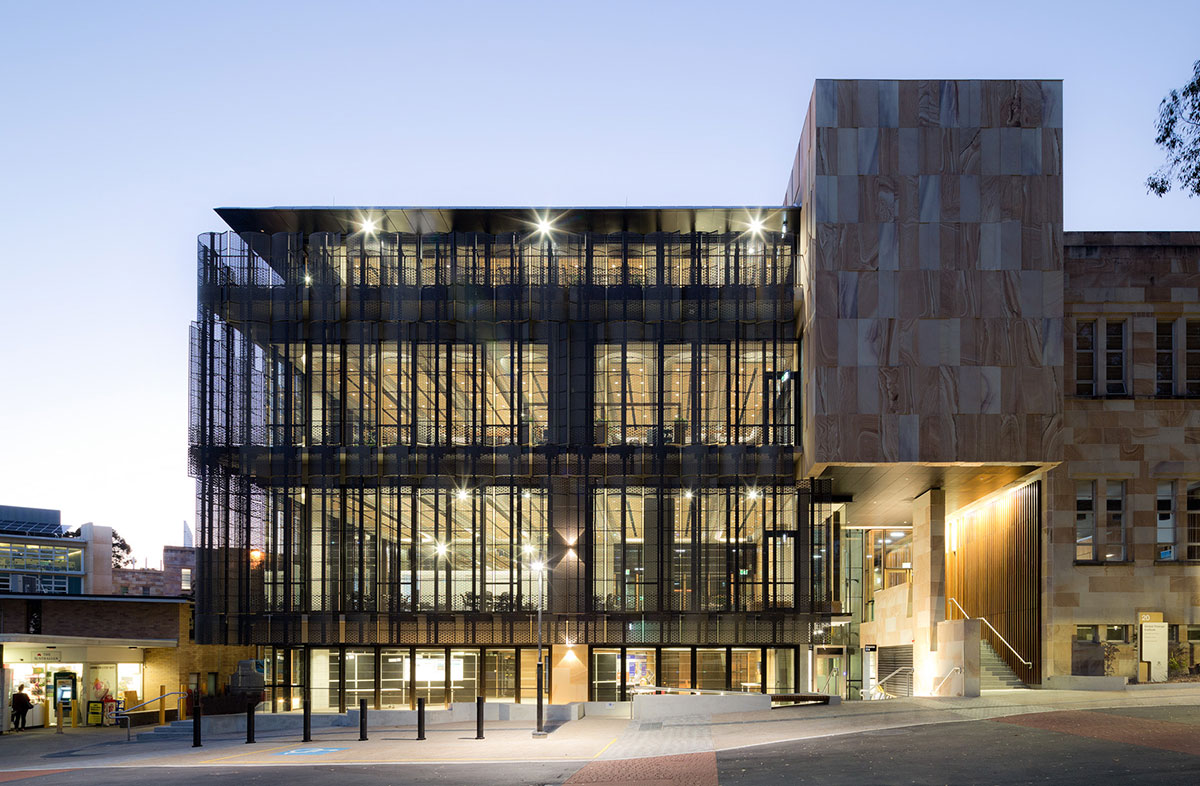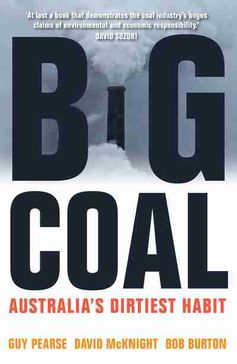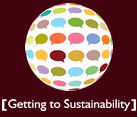By Frank Jotzo
Australia’s new government is likely to repeal the carbon price, by striking a deal with crossbenchers in the Senate after July 2014, or possibly going to a special election if it looks electorally attractive. Still, carbon pricing remains the logical choice for Australia’s longer term climate policy.
Prime Minister Abbott has made it.
Read more
Blog
By Thomas Bräunl, University of Western Australia
More electric vehicles (EVs) are hitting Australia’s roads, and more public charging stations are being installed to support them. What is missing, however, is an Australian standard or even a recommendation for charging connectors – the plug that joins the car to the charging station.
When we started.
Read more
 New York, 5 September 2013 – Today the United Nations Global Compact released its flagship Global Corporate Sustainability Report 2013. Based on survey responses from nearly 2,000 companies across 113 countries, the report provides a snapshot of the actions taken by business to embed responsible practices.
New York, 5 September 2013 – Today the United Nations Global Compact released its flagship Global Corporate Sustainability Report 2013. Based on survey responses from nearly 2,000 companies across 113 countries, the report provides a snapshot of the actions taken by business to embed responsible practices.
By Sunanda Creagh, The Conversation
One of The Conversation’s most popular writers and columnists, evolutionary biologist Professor Rob Brooks, has won a 2013 Eureka Prize for his work on science communication.
The annual Australian Museum Eureka Prizes celebrate the best in Australian science, innovation, leadership, research and science journalism.
Director of the Evolution and Ecology.
Read more
By Clive Hamilton
A recent Vote Compass poll shows 61% of Australian adults want the federal government to do more to tackle climate change; 18% want it to do less. This figure, consistent with many polls over the years, squares with various developments in Australian politics but contradicts others.
The Howard Government lost the 2007.
Read more
By Heinz Schandl, CSIRO and Thomas Wiedmann
For some time Australians have been considered among the biggest consumers of natural resources in the world. According to previous studies, we each get through 70 tonnes of materials every year. This is way higher than other developed nations. But could something be influencing these figures?
Traditional.
Read more
 A $32 million building which meets the world's most advanced levels of sustainability will be officially opened by Her Excellency Dr Penelope Wensley AC, Governor of Queensland at the University of Queensland (UQ) on 28 August 2013.
The bold new Global Change Institute (GCI) building.
A $32 million building which meets the world's most advanced levels of sustainability will be officially opened by Her Excellency Dr Penelope Wensley AC, Governor of Queensland at the University of Queensland (UQ) on 28 August 2013.
The bold new Global Change Institute (GCI) building.
 By Stuart Rosewarne
Burning coal is the one of the main sources of greenhouse gases, but mining expansion continues apace in Australia. Given the all-but unqualified support of federal and state governments for new mining ventures, there is the very real prospect that.
By Stuart Rosewarne
Burning coal is the one of the main sources of greenhouse gases, but mining expansion continues apace in Australia. Given the all-but unqualified support of federal and state governments for new mining ventures, there is the very real prospect that.
By Michael Parker, The Conversation
22 August 2013: Regardless of economic strength or level of development, countries with substantial fossil fuel resources are almost certain to be heavy carbon polluters – a phenomenon dubbed the “carbon curse”.
A study by Oxford University academics Joerg Friedrichs and Oliver Inderwildi published in the journal Energy Policy suggests.
Read more
By Kerry Burke, University of Newcastle
Renewable energy seems to be on a roll. One million Australian homes have rooftop solar cells. There’s so much renewable energy it’s reducing wholesale electricity prices. But then, that old chestnut pops up: reliability. How do we make energy when there’s no sun?
